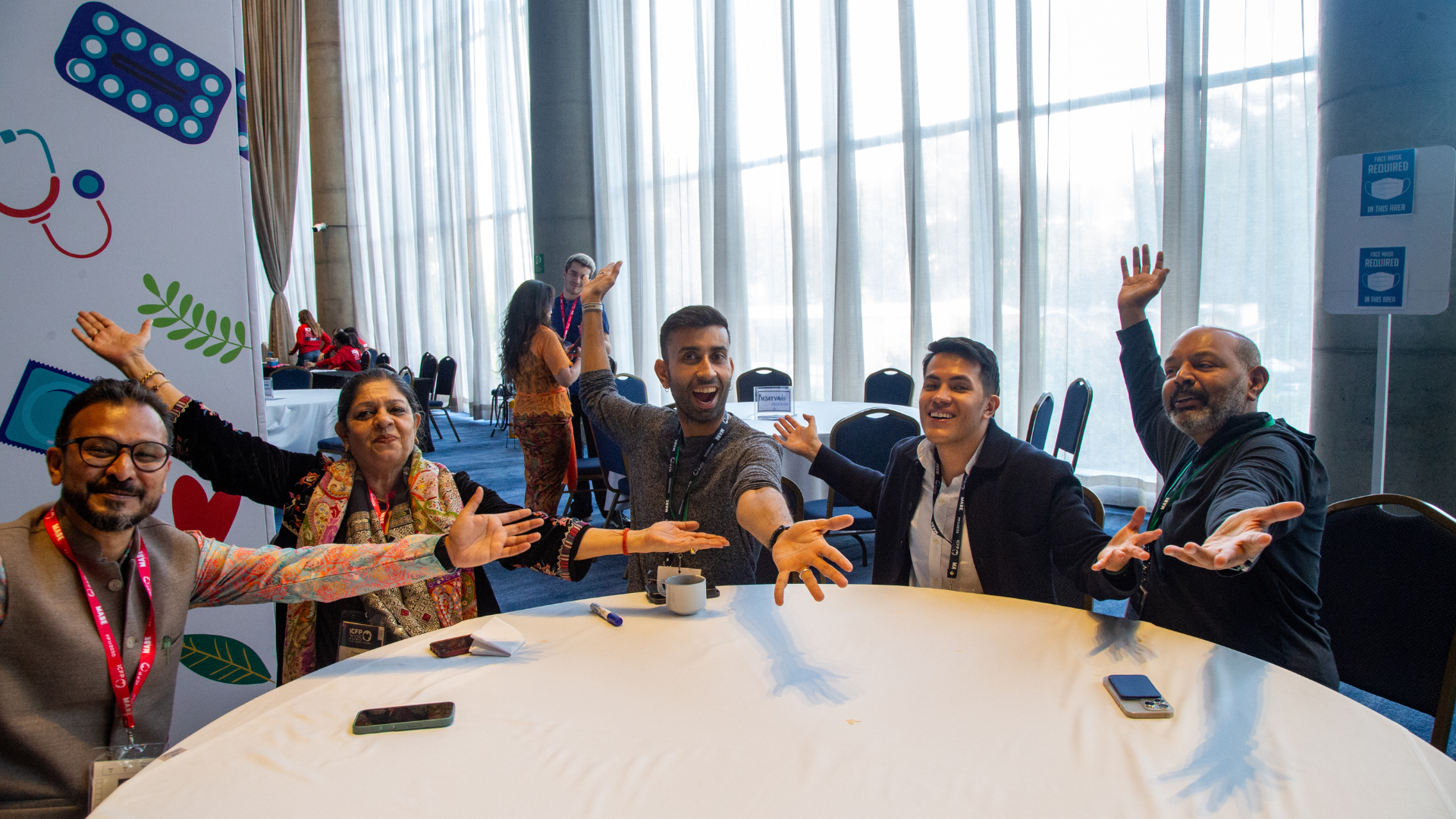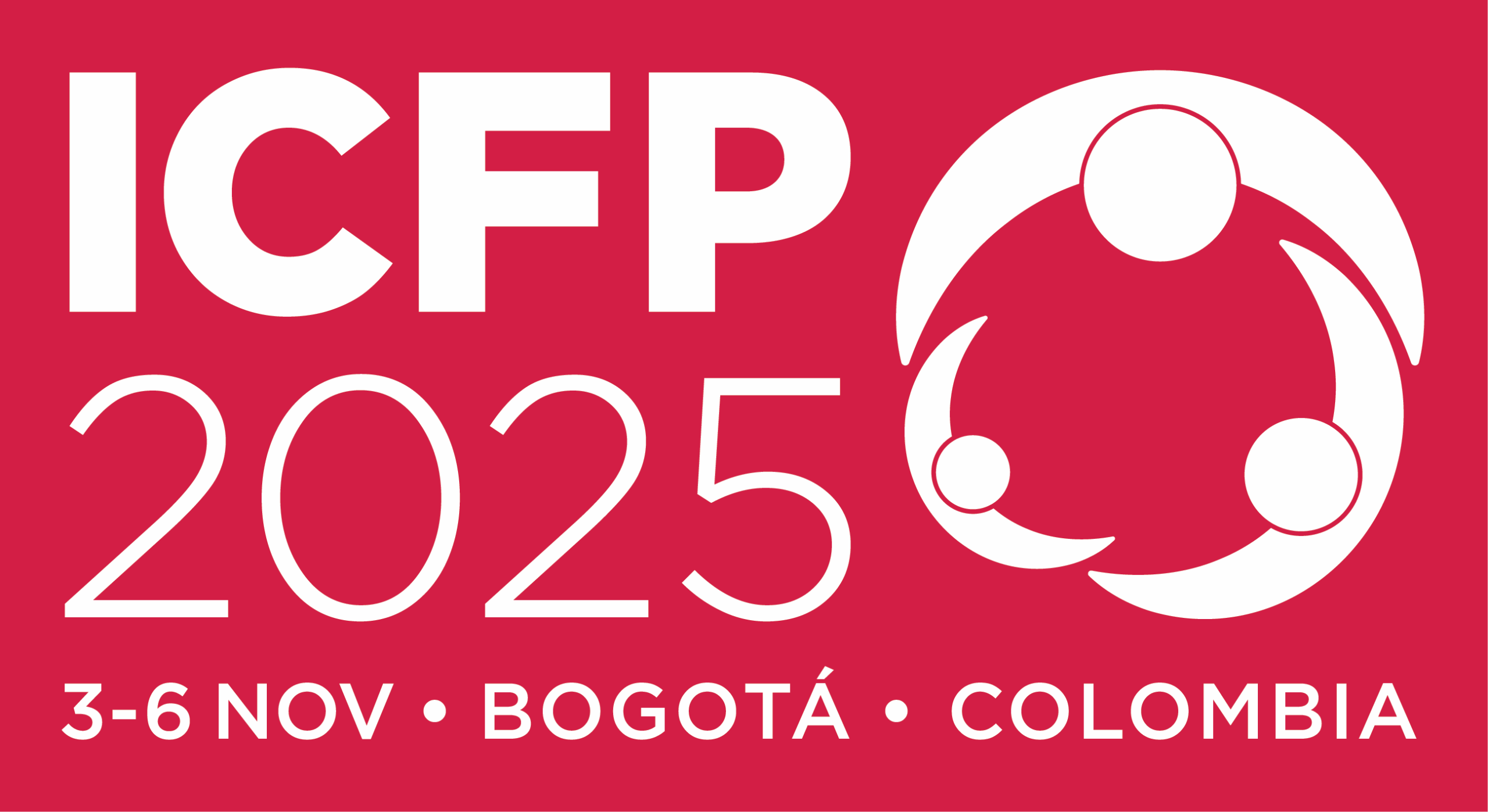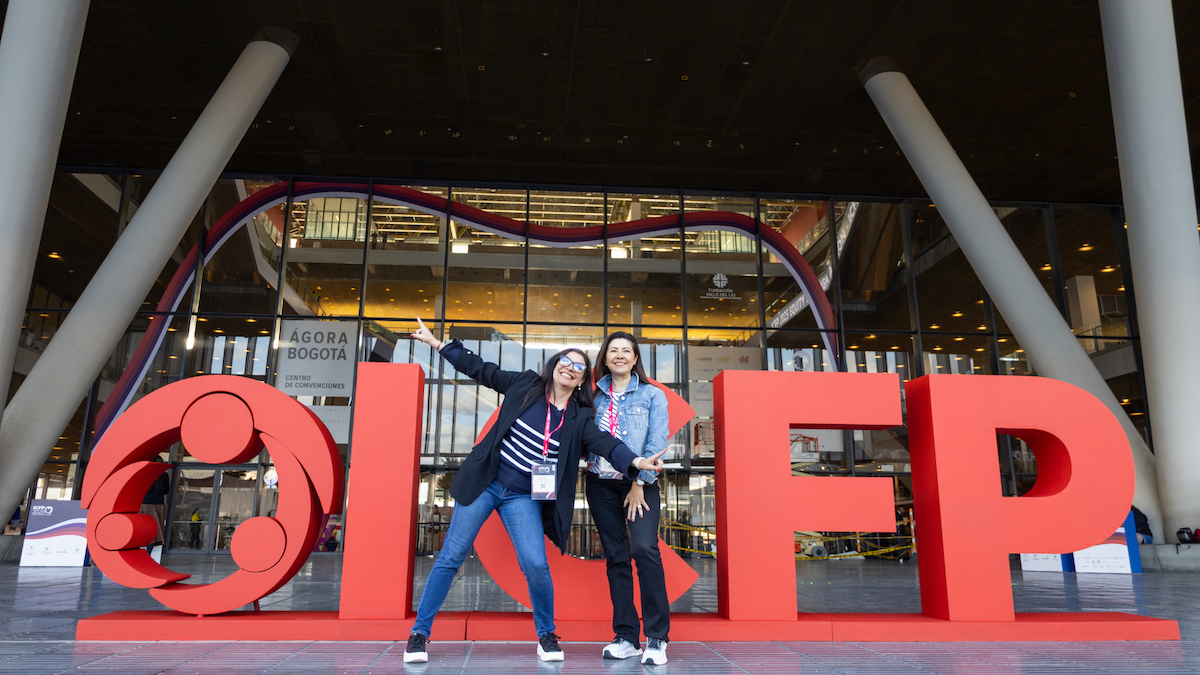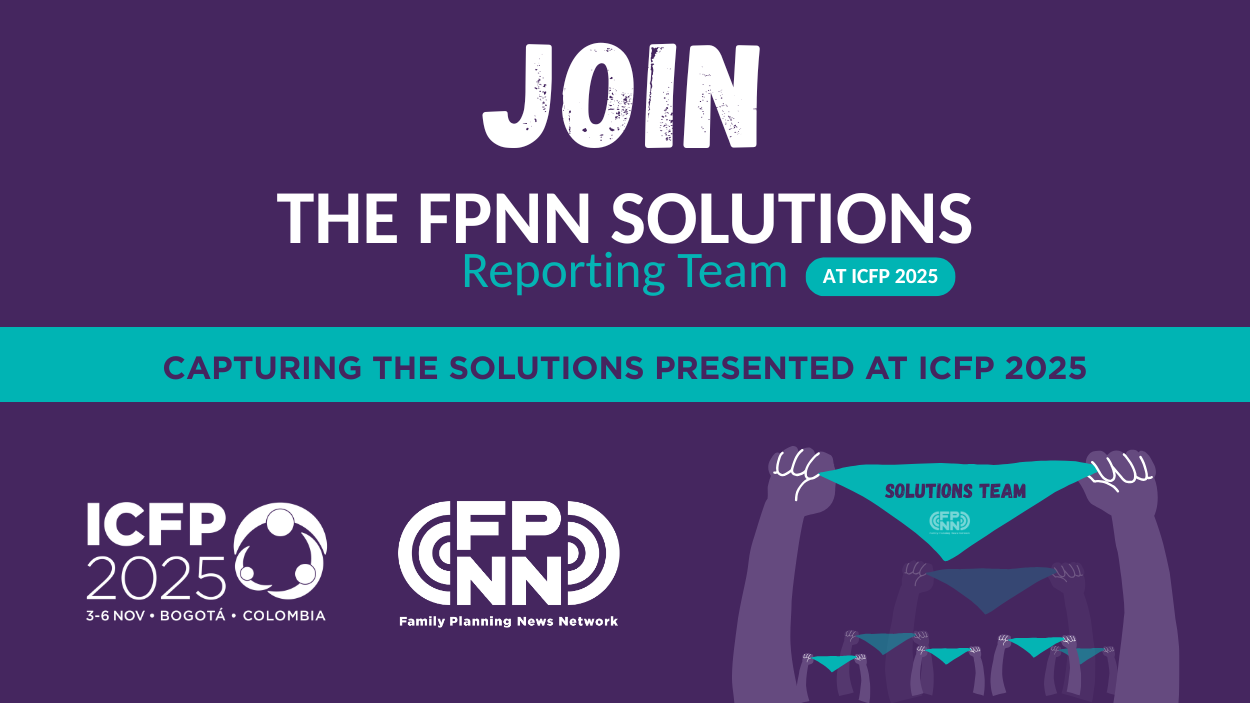In late August, the International Conference on Family Planning (ICFP) and the Family Planning News Network (FPNN) brought together 12 journalists and advocates from across Latin America, Africa, and beyond for a 10-day media reporting trip across Colombia. Together, we crossed the country — from the dense jungles of the Pacific coast to the arid deserts of the north — documenting powerful stories of equity, resilience, and community-centered care in sexual and reproductive health and rights (SRHR).
This journey not only generated immediate coverage in national and international outlets but also laid the foundation for a special video feature that will premiere at the Opening Ceremony of ICFP 2025 in Bogotá this November.
Bogotá
We began in Colombia’s capital, meeting with national partners, government leaders, and ICFP hosts. Bogotá served as the launching point for the trip, grounding our group in the history and current landscape of SRHR in Colombia.
Cali
In Cali, we witnessed cutting-edge medical care at Fundación Valle del Lili, one of Latin America’s leading hospitals. Doctors and nurses shared how they are advancing humanized childbirth, maternal care, and intercultural health models — lessons that resonate far beyond Colombia.
Guapi (Pacific Coast)
From the urban setting of Cali, we traveled to Guapi, a remote Afro-Colombian community accessible only by air or river. Here, we met traditional midwives who provide life-saving care in areas where formal health systems remain scarce. Their knowledge, passed down through generations, is an essential bridge for maternal and newborn survival.
Aracataca (Magdalena)
In Aracataca, the birthplace of Gabriel García Márquez, we spoke with community health workers and youth advocates who address family planning and SRHR in rural areas. Their stories illustrated both the persistent barriers of access and the creativity of local solutions.
Santa Marta
In Santa Marta, journalists engaged with leaders from Profamilia Colombia, one of the country’s most influential SRHR organizations. Discussions highlighted the role of comprehensive family planning services, sexual health education, and the power of youth leadership in shaping equitable health systems.
Riohacha & La Guajira
The trip concluded in Riohacha and the deserts of La Guajira, where we met the Wayuu community and visited UNFPA-supported programs in Outtajiapuule Hospital. These encounters spotlighted both the challenges of delivering maternal care in resource-limited environments and the innovative partnerships that are strengthening bonds between traditional midwives and formal health providers.
What Comes Next
The stories gathered during this journey are already appearing in outlets like El Espectador. Over the coming months, more features, videos, and reports will amplify Colombia’s lessons of resilience and innovation.
At ICFP 2025 in Bogotá this November, these voices will open the conference in a special premiere video — and throughout the week, FPNN will continue capturing and sharing solutions-focused journalism to ensure that Colombia’s and South America’s experiences reach a truly global audience.




